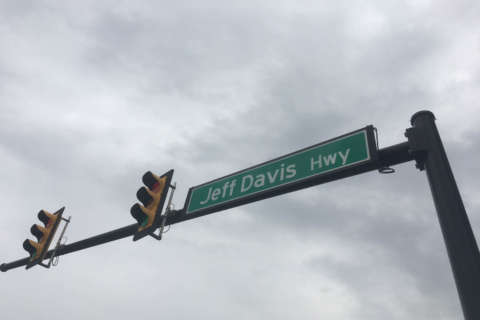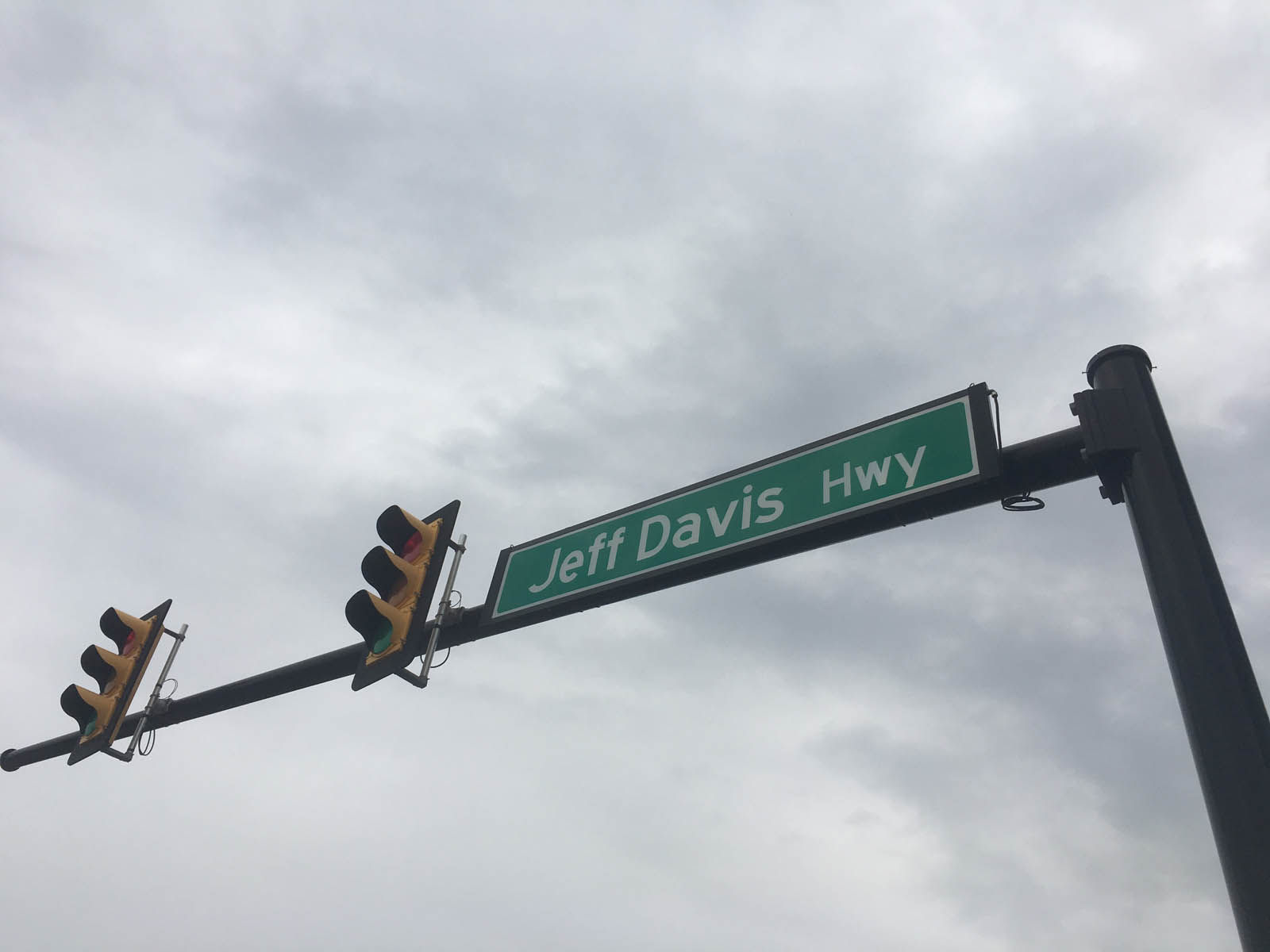
WASHINGTON — Proposals to allow local Virginia governments to move Confederate statues or memorials or to rename highways died in two separate committees Wednesday.
In the House, a Counties, Cities and Towns subcommittee voted 6 – 2 — with one Democratic vote from Del. Steve Heretick of Portsmouth — to effectively kill bills that would have permitted local governments to move Confederate monuments. The proposals became a focus in this fall’s governor’s race after a white supremacist rally in Charlottesville. That August event preceded a woman being killed when a man plowed a car into a crowd.
A Senate committee had already killed similar bills.
The Senate’s Transportation Committee voted 7 – 6, along party lines, to block a bill filed by Democratic Arlington Sen. Barbara Favola that would have allowed any county, city or town to change the name of any highway named before 1965 that is within its boundaries.
Before the committee voted down Favola’s bill, Republican Sen. Amanda Chase attempted to delicately ask whether it would protect Confederate-related street names, before getting specific.
“I think this reminds me of the whole statue issues, which I think I’ve been very clear — at least in my opinion — that that’s a statewide issue,” Chase said. “So while I normally under normal circumstances would probably be fine with something like this, because of the climate, I think whenever people are trying to erase our history, I just have a little bit of heartburn over this legislation.”
While the bill would allow any street name to be changed, Favola introduced the bill because Arlington County expects the city of Alexandria to change the name of Jefferson Davis Highway within the Alexandria city limits.
“They’re adjacent jurisdictions, and it would be very confusing to have one portion changed and Arlington not go ahead and do that,” Favola said.
She promised that had the bill passed, there would be a substantial public process before deciding whether to rename a road and what to change the name to.
“The culture and values and the political leanings of a certain jurisdiction will come into play,” Favola said.
Today, cities, counties and towns can name smaller streets, roads and alleys. And, as in the Alexandria and Arlington examples, cities have some additional authority to rename certain roads that counties do not.
The Commonwealth Transportation Board is generally responsible for naming primary highways that the General Assembly has not specifically named by law. A name is not eligible if it “(i) is profane, obscene, or vulgar; (ii) is sexually explicit or graphic; (iii) is excretory related; (iv) is descriptive of intimate body parts or genitals; (v) is descriptive of illegal activities or substances; (vi) condones or encourages violence; or (vii) is socially, racially, or ethnically offensive or disparaging.”





